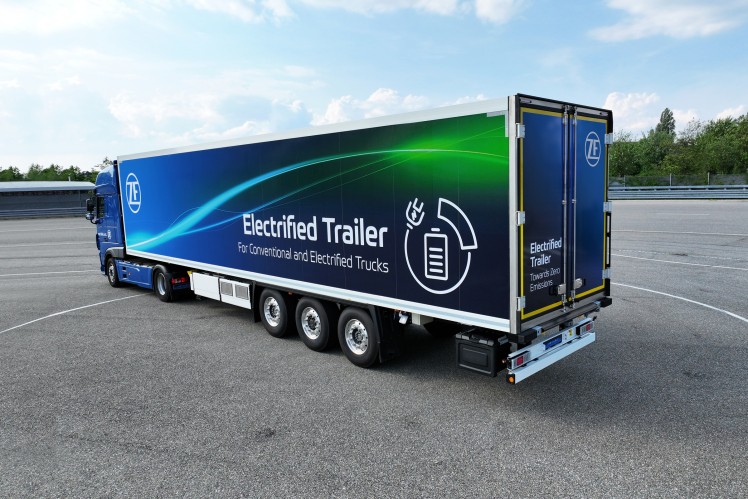IAG Cargo, the cargo division of International Airlines Group (IAG), is today announcing Cincinnati, Northern Kentucky International Airport as its latest station in the United States to be approved to transport time and temperature-sensitive healthcare products. Bringing the total number of approved Constant Climate stations in the United States to 21.
This newly established station will facilitate the movement of pharmaceuticals that require precise time and temperature management between Cincinnati and London Heathrow. It will leverage IAG Cargo’s extensive network which links six continents to transport critical cargo such as vaccines, medicinal drugs and clinical trial medication around the world. This service will be of special interest to pharmaceutical customers located in Ireland and India whose life-saving medicines frequently transit through London-Heathrow to the United States.
Jordan Kohlbeck, Head of Pharmaceutical at IAG Cargo, added: “We are very excited about the opening of a new Constant Climate station at Cincinnati airport. The opening of Cincinnati will allow us to support more customers globally and provide another route by which they can utilise our cold chain solution to transport their key pharmaceuticals. We look forward to working with our partners and customers to increase our pharmaceutical offerings with this new addition.”
IAG Cargo’s Constant Climate product is a state-of-the-art cold chain solution that caters specifically to the transportation of pharmaceuticals, such as vaccines, biotech products, diagnostics samples, or any other temperature-sensitive pharmaceutical material. During the first half of 2023, Constant Climate, IAG Cargo’s cold chain product for transporting pharmaceutical products, experienced a 45 per cent increase in the volume of pharmaceuticals transported across its network compared to the previous year.
IAG Cargo’s new 10,000m2 facility New Premia at London Heathrow, launched in May 2023, features a cutting-edge Constant Climate Quality Centre (CCQC) for pharmaceuticals, with 27 dedicated cool cells and temperature facilities available from +2°C to +8°C (COL), +15°C to +25°C (CRT) and -20°C (FRO) ensuring sensitive shipments are held in a temperature-controlled environment at all times.






